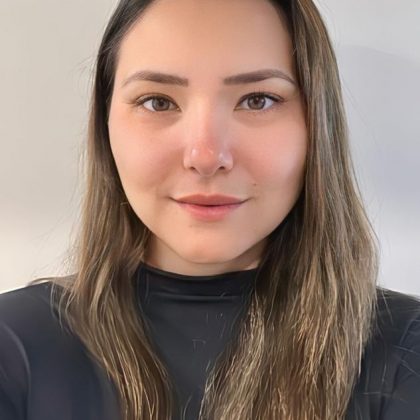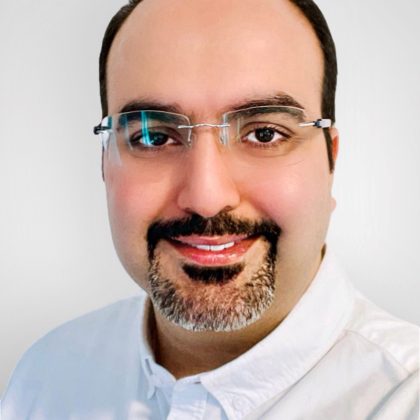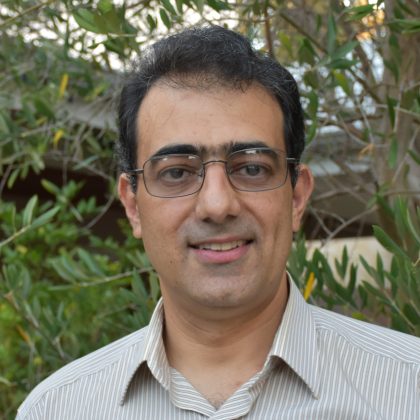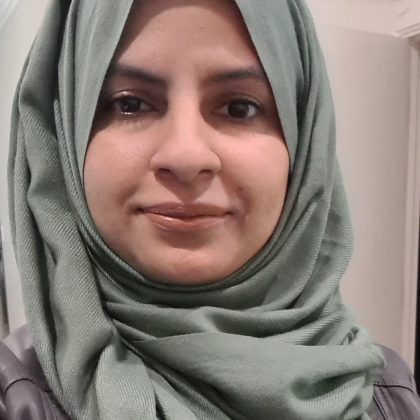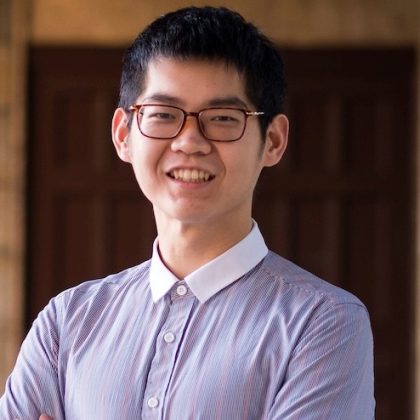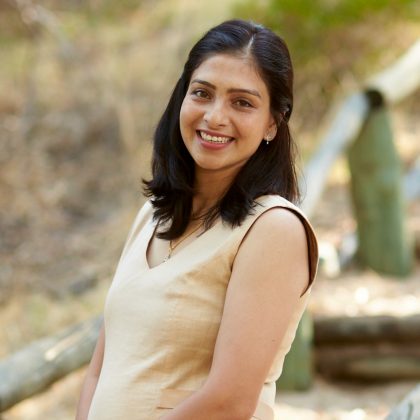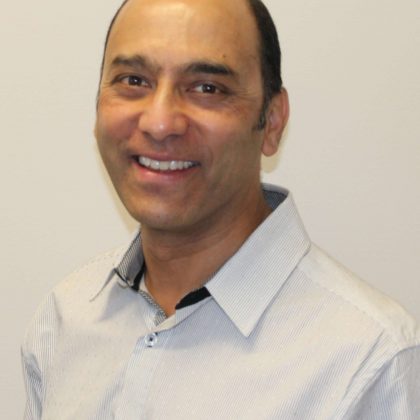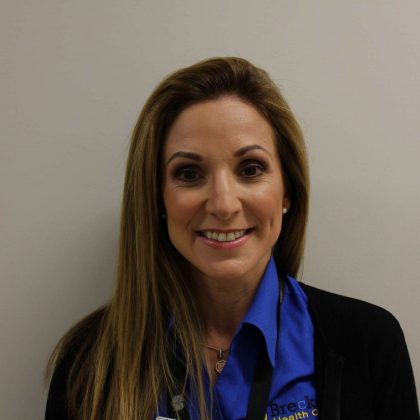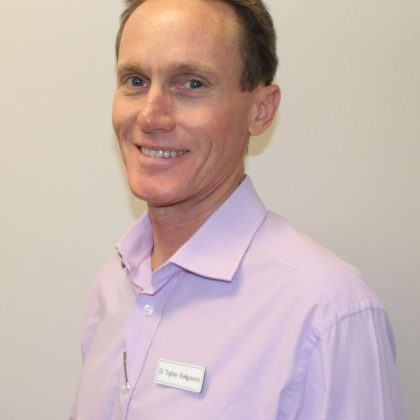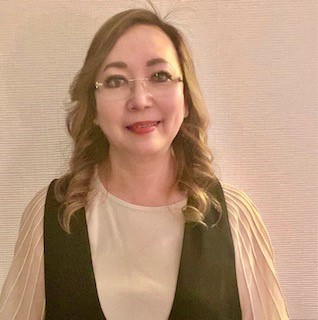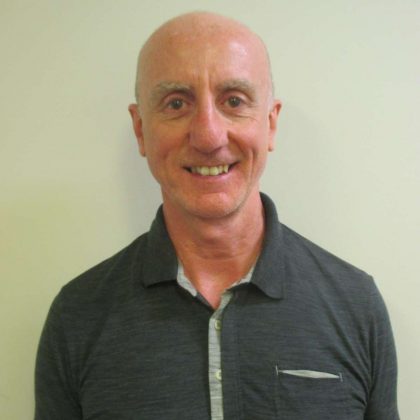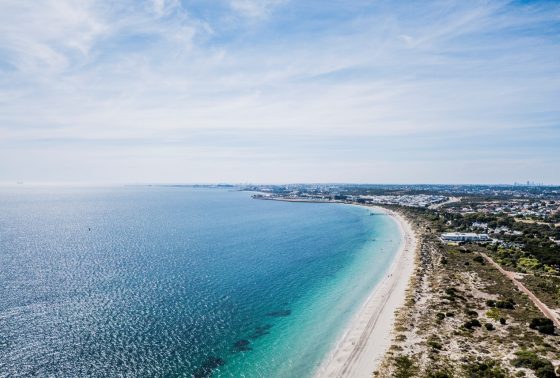
Get your skin checked with Brecken Health Bunbury
As Australians, we live in arguably the best country in the world, and we certainly love our outdoors.
Unfortunately, Australia also has the highest rate of skin cancer in the world, with 2 out of every 3 Australians diagnosed with skin cancer before the age of 70.
The good news is that skin cancers can be prevented and treated effectively, if picked up early.
Who should get a skin check?
We recommend that everyone get a skin check. This will give you peace of mind that you’re looking after yourself and help you and your GP work together to promote your skin health.
However, some people are more susceptible to skin cancers than others. The people most at risk of skin cancers usually have one or a combination of the following factors:
- Pale/light coloured skin
- Advancing age (as your skin receives more damage over the years, the greater your chances of this damage developing into cancer)
- A history of severe sunburn or suntanning
- A history of skin cancers
- Family history of melanoma
- Moles already on your body
- A history of strange-looking moles appearing on your body
How often should I get a skin check?
Living in Australia, we’re often out in the sun. So, getting a skin or mole check at least once a year is generally considered safest. This ensures you can closely monitor your skin’s condition and monitor any freckles or moles that may be of concern.
Book a skin check with one of our skin cancer GPs in Bunbury
At Brecken Health Bunbury, we have doctors with a keen interest in skin and associated cancers. The three main types of skin cancer are some of the easiest cancers to treat, but like all cancer, early intervention is the key to success.
If you are concerned about a new or changing spot on your skin, we recommend booking an appointment with one of our GPs to conduct a skin check. Book online here.
Why get a skin cancer screening?
Skin cancer often goes undetected, as it can appear in different forms and in places that are difficult to see. By getting yourself screened at least once a year, you’re taking the first step in detecting skin cancer in its early stages. The good news is that skin cancer is almost fully preventable if it’s caught soon enough. While the majority of moles and freckles are harmless, it’s best to have them checked regularly for any unusual signs.
Most skin cancer is caused due to the sun’s rays. In Australia, cancer is one of the leading causes of death. In fact, it has been diagnosed in half of all Australians by the time they reach the age of 65.
Therefore, it’s especially important for Perth residents to schedule a yearly mole check. A specialised mole clinic will view and evaluate your skin blemishes and spots for any abnormalities.
Skin cancer takes on many shapes and forms. Most irregularly shaped moles or freckles are not a cause for concern. If you have any that you are especially worried about, don’t hesitate to have these checked. When performed by a professional, a mole scan will eliminate the guesswork. If in fact, it is cancer, the sooner it is detected, the better.
What’s involved in a skin check?
Our doctors aim to make the mole scan process as quick and painless as possible. On average, a skin check will only take about 15- 30 minutes.
This check covers your entire body, as skin cancer can show up in the most unusual places. That’s why a thorough check is important.
For this procedure, we will check all areas of your skin. The process is quick and easy, and your comfort is our primary concern throughout the entire procedure. If you have any areas of concern, be sure to let us know.
At Brecken Health, we utilise a hand-held device which illuminates and magnifies the skin for a detailed view.
This procedure is known as a dermoscopy. During the dermoscopy, we will carefully inspect your moles and freckles, and also take a closer look at any irregularities in the hair follicles and capillaries. As we perform this procedure, we will make note of anything unusual.
During a dermoscopy, even borderline lesions can be examined and the need for a biopsy is often eliminated. As no specimen is required, this option can save you quite a bit of money and discomfort. Our professionals will provide you with detailed information and a consultation if they feel a biopsy is required.
As a patient, you can put your mind to rest knowing you are in the care of true professionals. Our doctors are great communicators who will ask questions, listen and then carefully explain to you any details or information required.

